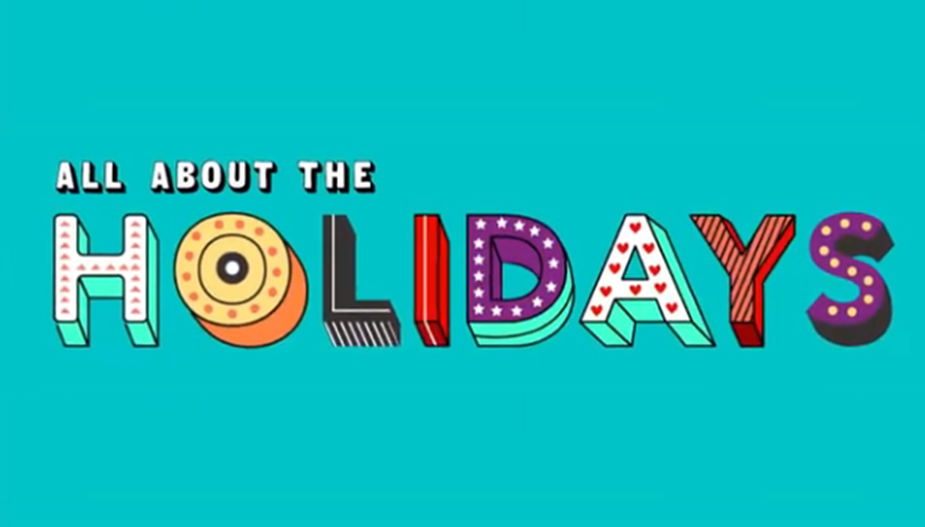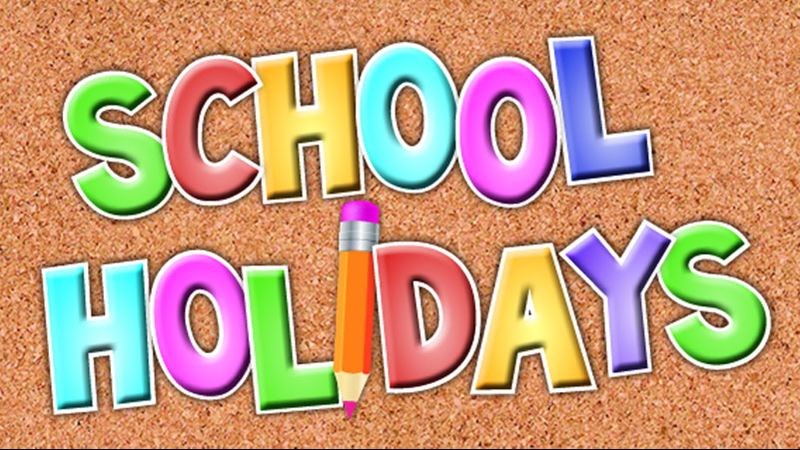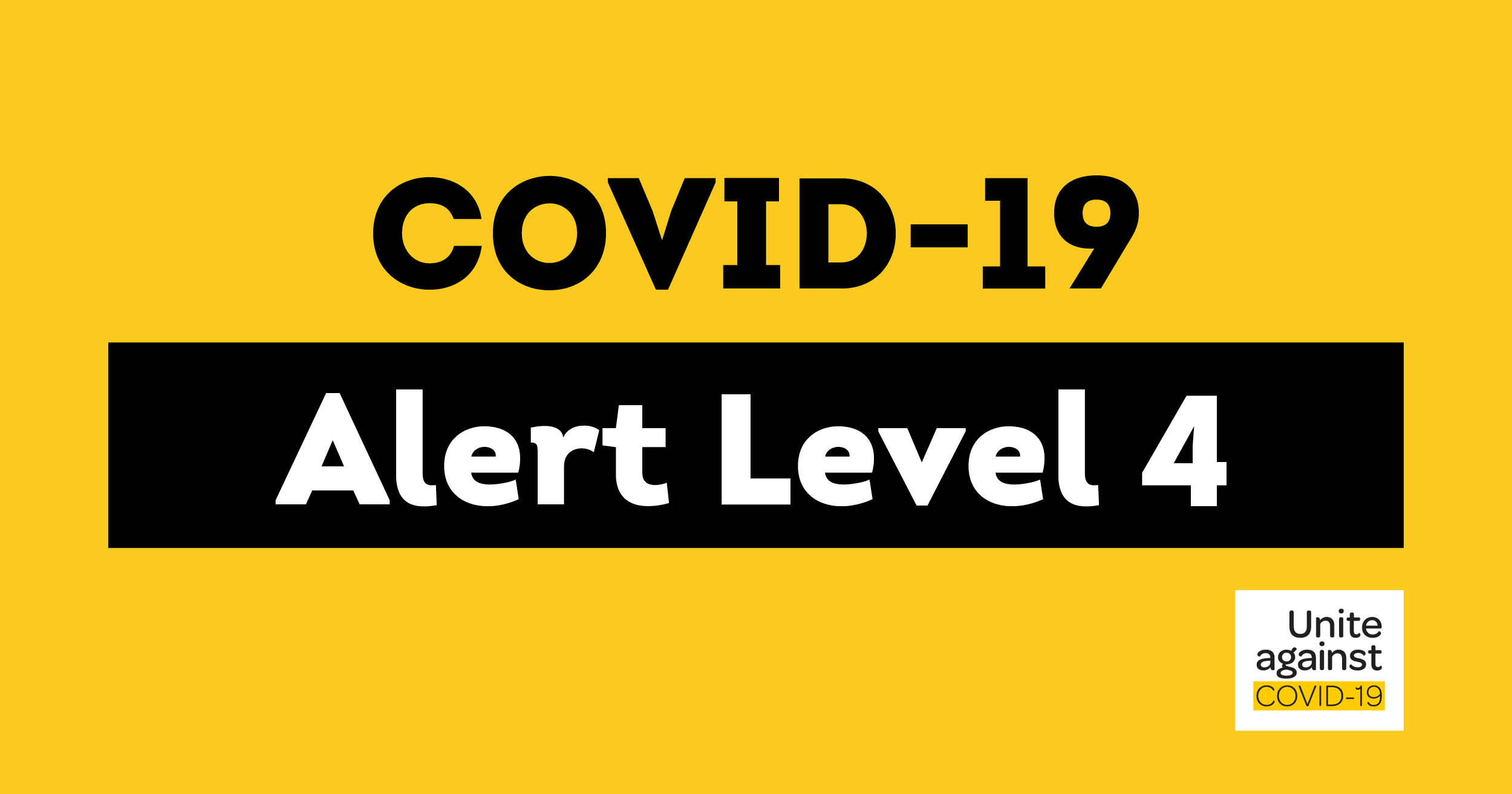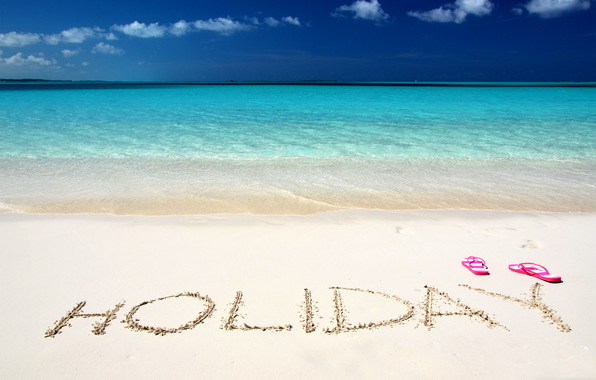9W2 English
Section outline
-
Term 1: Week 1

Welcome!
Hello and welcome back 9W2! I hope you all had a fantastic holiday and I can't wait to hear all about it!
I look forward to getting to know you this year as we move towards an enriching and rewarding 2021. This year, English classes will involve building on what you have learnt last year as well as an exploration of new and exciting topics.
Our context for this term is "Life Under Water - Sustainability". This concept is great because it is open to interpretation in that we are able to use many avenues to explore the topic. To me, it is a look into the sustainability and preservation of marine life as well as our oceans whilst utilizing a Maori World View.
The overall working plan for English this term will look something like this using the term context as a slight guide:*
- Revisiting formal essay writing: How much do we remember? What do we need to work on in preparation for the EOY Exam? (2 WEEKS)
- Poetry creation and analysis: A broad look at the types of poetry, an exploration of the language features and techniques used to create meaningful poetry and then a few exercises in creating poetry of our own using our new skills. (3 WEEKS)
- Creative writing and reading creative pieces: A more advanced study on the formulation of creative writing building from last year. I will explain this in more detail in person. (4-5 WEEKS)
- Potential Assessment for this term: A 1000 (MAX) word short story on an issue relating to sustainability with a conflict resolution. I will likely be assessing how well you can use the conventions of story writing (what we will learn) to convey (express) an important message or moral.*
* Something about me: I’m a HUGE advocate of choice. Therefore, I take into account your opinions and interests when I design a plan for the term so if most of you would rather not do a creative short story, there will be other options we can discuss and explore.
Success Criteria for Term 1: We are learning to...
1) Recognize areas of personal development with formal writing and answer the question: "What do I need to do/change to improve my writing?"
Revisiting PEEL paragraphs and how to write them
Introduction Triangles and using it to start an essay
Utilizing Essay Checklist formats
PEDAL paragraphs
2) Analysing at least 6 different poems and to determine what made the poem successful/meaningful
3) Understand the meaning of the author's or poet's purpose
4) Create our own pieces of poetry using the knowledge we have gained through poetry analysis - 5 different styles
5) Name the conventions and recognize the language features and techniques used in creative writing - using these to create our own short stories
6) Draft short story plans and edit our own writing
Activities for week
Get to know each other!
Connect to the WiFi
DEEP selections
-
Term 1: Week 2
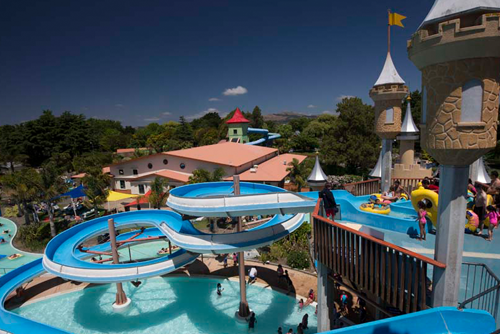
Plan: Introductions and Big Splash
Hello and welcome back 9W2! I hope you all had a fantastic holiday and I can't wait to hear all about it!
I look forward to getting to know you this year as we move towards an enriching and rewarding 2021. This year, English classes will involve building on what you have learnt last year as well as an exploration of new and exciting topics.
Our context for this term is "Life Under Water - Sustainability" . This concept is great because it is open to interpretation in that we are able to use many avenues to explore the topic. To me, it is a look into the sustainability and preservation of marine life as well as our oceans whilst utilizing a Maori World View.
The overall working plan for English this term will look something like this using the term context as a slight guide: *
- Revisiting formal essay writing: How much do we remember? What do we need to work on in preparation for the EOY Exam? (2 WEEKS)
- Poetry creation and analysis: A broad look at the types of poetry, an exploration of the language features and techniques used to create meaningful poetry and then a few exercises in creating poetry of our own using our new skills. (3 WEEKS)
- Creative writing and reading creative pieces: A more advanced study on the formulation of creative writing building from last year. I will explain this in more detail in person. (4-5 WEEKS)
- Potential Assessment for this term: A 1000 (MAX) word short story on an issue relating to sustainability with a conflict resolution. I will likely be assessing how well you can use the conventions of story writing (what we will learn) to convey (express) an important message or moral. *
* Something about me: I’m a HUGE advocate of choice. Therefore, I take into account your opinions and interests when I design a plan for the term so if most of you would rather not do a creative short story, there will be other options we can discuss and explore.
Success Criteria for Term 1: We are learning to...
1) Recognize areas of personal development with formal writing and answer the question: "What do I need to do/change to improve my writing?"
-
Revisiting PEEL paragraphs and how to write them
-
Introduction Triangles and using it to start an essay
-
Utilizing Essay Checklist formats
-
PEDAL paragraphs
2) Analysing at least 6 different poems and to determine what made the poem successful/meaningful
3) Understand the meaning of the author's or poet's purpose
4) Create our own pieces of poetry using the knowledge we have gained through poetry analysis - 5 different styles
5) Name the conventions and recognize the language features and techniques used in creative writing - using these to create our own short stories
6) Draft short story plans and edit our own writing
Activities for week
Monday (S3) - NO SCHOOL PUBLIC HOLIDAY
Tuesday (S2) - Introductions, plan for Term 1 and the assessment
Thursday (S2) - BIG SPLASH DAY OUT
-
-
EXPLORE / TŪHURA learning intentions:
- We are EXPLORING marine sustainability by integrating cultural concepts of pollution and conservation
- We are EXPLORING Kaitiakitanga by analysing short texts
- We are EXPLORING the Maori World View/Kaitiakitanga by researching perspectives on marine sustainability
Term 1: Week 3

Plan: PEEL Paragraphs + Library session
Our context for this term is "Life Under Water - Sustainability" . This concept is great because it is open to interpretation in that we are able to use many avenues to explore the topic. To me, it is a look into the sustainability and preservation of marine life as well as our oceans whilst utilizing a Maori World View.
Success Criteria for Term 1: We are learning to...
1) Recognize areas of personal development with formal writing and answer the question: "What do I need to do/change to improve my writing?"
-
Revisiting PEEL paragraphs and how to write them
-
Introduction Triangles and using it to start an essay
-
Utilizing Essay Checklist formats
-
PEDAL paragraphs
2) Analysing at least 6 different poems and to determine what made the poem successful/meaningful
3) Understand the meaning of the author's or poet's purpose
4) Create our own pieces of poetry using the knowledge we have gained through poetry analysis - 5 different styles
5) Name the conventions and recognize the language features and techniques used in creative writing - using these to create our own short stories
6) Draft short story plans and edit our own writing
Activities for week
Monday (S3) - Introduction to PEEL paragraphs and Introduction Triangle
Tuesday (S2) - Library session
Thursday (S2) - Same as Monday + Essay checklists and mock essay
-
EXPLORE / TŪHURA learning intentions:
- We are EXPLORING marine sustainability by integrating cultural concepts of pollution and conservation
- We are EXPLORING Kaitiakitanga by analysing short texts
- We are EXPLORING the Maori World View/Kaitiakitanga by researching perspectives on marine sustainability
Term 1: Week 4
Plan: Formal Writing continued...
Our context for this term is "Life Under Water - Sustainability" . This concept is great because it is open to interpretation in that we are able to use many avenues to explore the topic. To me, it is a look into the sustainability and preservation of marine life as well as our oceans whilst utilizing a Maori World View.
Success Criteria for Term 1: We are learning to...
1) Recognize areas of personal development with formal writing and answer the question: "What do I need to do/change to improve my writing?"
-
Revisiting PEEL paragraphs and how to write them
-
Introduction Triangles and using it to start an essay
-
Utilizing Essay Checklist formats
-
PEDAL paragraphs
2) Analysing at least 6 different poems and to determine what made the poem successful/meaningful
3) Understand the meaning of the author's or poet's purpose
4) Create our own pieces of poetry using the knowledge we have gained through poetry analysis - 5 different styles
5) Name the conventions and recognize the language features and techniques used in creative writing - using these to create our own short stories
6) Draft short story plans and edit our own writing
Activities for week
Monday (S3) - Formal Writing review: What do we need to work on/are still unsure of
Tuesday (S2) - Researched essay plan: "This Is America" by Childish Gambino
Thursday (S2) - Mock essay on "TIA" by Childish Gambino
-
EXPLORE / TŪHURA learning intentions:
- We are EXPLORING marine sustainability by integrating cultural concepts of pollution and conservation
- We are EXPLORING Kaitiakitanga by analysing short texts
- We are EXPLORING the Maori World View/Kaitiakitanga by researching perspectives on marine sustainability
Term 1: Week 5
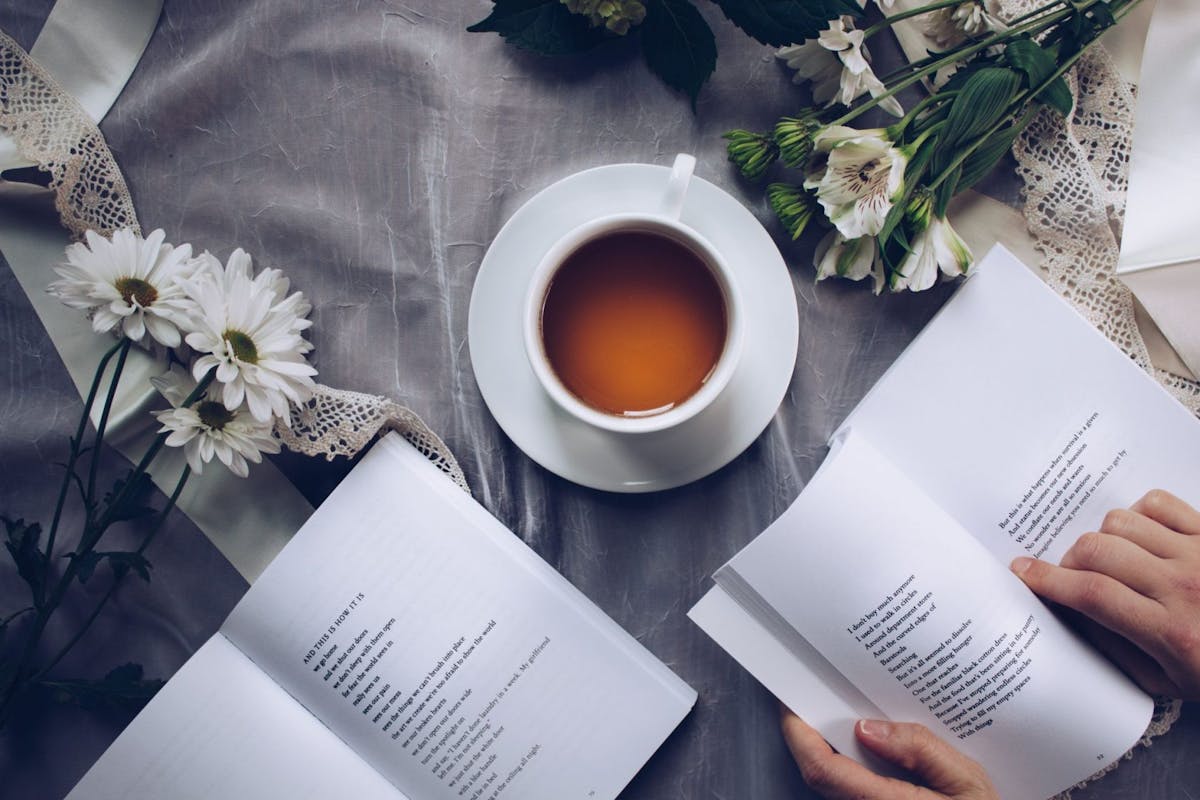
Plan: Introduction to Poetry Creation and Analysis
Our context for this term is "Life Under Water - Sustainability" . This concept is great because it is open to interpretation in that we are able to use many avenues to explore the topic. To me, it is a look into the sustainability and preservation of marine life as well as our oceans whilst utilizing a Maori World View.
Success Criteria for Term 1: We are learning to...
1) Recognize areas of personal development with formal writing and answer the question: "What do I need to do/change to improve my writing?"
-
Revisiting PEEL paragraphs and how to write them
-
Introduction Triangles and using it to start an essay
-
Utilizing Essay Checklist formats
-
PEDAL paragraphs
2) Analysing at least 6 different poems and to determine what made the poem successful/meaningful
- List the language features in SHAMPOO
- Name and identify language features in poetry
- Comment on the meaning and personal interpretation of a poem
3) Understand the meaning of the author's or poet's purpose
- Use understanding of SHAMPOO and forms of poetry to determine the poet's purpose
- Analyse and discuss the importance of cultural poetry
4) Create our own pieces of poetry using the knowledge we have gained through poetry analysis - 5 different styles
- Haiku, Cinquain, Acrostic, Concrete, Diminishing Verse, Spoken Word and Freestyle
5) Name the conventions and recognize the language features and techniques used in creative writing - using these to create our own short stories
6) Draft short story plans and edit our own writing
Activities for week
Monday (S3) - LOCKDOWN LEARNING ON GOOGLE CLASSROOM
Tuesday (S2) - LOCKDOWN LEARNING ON GOOGLE CLASSROOM
Thursday (S2) - LOCKDOWN LEARNING ON GOOGLE CLASSROOM
-
FOCUS / ARONGA learning intentions:
- We are FOCUSING on cultural poetry to enhance our understanding of the Maori World View on water sustainability
- We are FOCUSING on selecting topics derived from our understanding of water sustainability to explain and discuss concepts in a formal essay format
- We are FOCUSING on utilizing our knowledge on water sustainability to create a creative writing piece of literature
Term 1: Week 6

Plan: Poetry Analysis Continued
Our context for this term is "Life Under Water - Sustainability". This concept is great because it is open to interpretation. To me, it is a look into the sustainability and preservation of marine life as well as our oceans.
Success Criteria for Term 1: We are learning to...
1) Recognize areas of personal development with formal writing and answer the question: "What do I need to do/change to improve my writing?"
-
Revisiting PEEL paragraphs and how to write them
-
Introduction Triangles and using it to start an essay
-
Utilizing Essay Checklist formats
-
PEDAL paragraphs
2) Analyse at least 3-4 different forms of poetry and to determine what made the poem successful/meaningful
- Name and identify language features in poetry
- List the language features in SHAMPOO
- Comment on the meaning and personal interpretation of a poem
3) Understand the meaning of the author's or poet's purpose
- Use understanding of SHAMPOO and forms of poetry to determine poet's purpose
- Analyse and discuss the importance of cultural poetry
4) Create our own pieces of poetry using the knowledge we have gained through poetry analysis - 5 different styles
-
Haiku, Cinquain, Acrostic, Concrete, Diminishing Verse, Spoken Word and Freestyle
5) Name the conventions and recognize the language features and techniques used in creative writing - using these to create our own short stories
6) Draft short story plans and edit our own writing
Activities:
Monday (S4) - Library session
Tuesday (S2) - "Still I Rise" by Maya Angelou analysis
Thursday (2) - Camera and poetry activity
-
FOCUS / ARONGA learning intentions:
- We are FOCUSING on cultural poetry to enhance our understanding of the Maori World View on water sustainability
- We are FOCUSING on selecting topics derived from our understanding of water sustainability to explain and discuss concepts in a formal essay format
- We are FOCUSING on utilizing our knowledge on water sustainability to create a creative writing piece of literature
Term 1: Week 7
Plan: Introduction to Creative Writing + Assessment Requirements
Our context for this term is "Life Under Water - Sustainability". This concept is great because it is open to interpretation. To me, it is a look into the sustainability and preservation of marine life as well as our oceans.
Success Criteria for Term 1: We are learning to...
1) Recognize areas of personal development with formal writing and answer the question: "What do I need to do/change to improve my writing?"
-
Revisiting PEEL paragraphs and how to write them
-
Introduction Triangles and using it to start an essay
-
Utilizing Essay Checklist formats
-
PEDAL paragraphs
2) Analyse at least 3-4 different forms of poetry and to determine what made the poem successful/meaningful
- Name and identify language features in poetry
- List the language features in SHAMPOO
- Comment on the meaning and personal interpretation of a poem
3) Understand the meaning of the author's or poet's purpose
- Use understanding of SHAMPOO and forms of poetry to determine poet's purpose
- Analyse and discuss the importance of cultural poetry
4) Create our own pieces of poetry using the knowledge we have gained through poetry analysis - 5 different styles
-
Haiku, Cinquain, Acrostic, Concrete, Diminishing Verse, Spoken Word and Freestyle
5) Name the conventions and recognize the language features and techniques used in creative writing - using these to create our own short stories
- List the 7 planning pre-requisites for creative story writing
- Follow and implement narrative structure
- Use and recognize language features in creative texts
6) Draft short story plans and edit our own writing
- Edit and review your own written work
- Peer-review another's written work
Activities:
Monday (S3) - Stages of grief writing activity
Tuesday (S2) - Sea creature short story
Thursday (S2) - Sea creature short story continued DUE MONDAY
-
PLAN & DO / WHAKAMAHI learning intentions:
- We are PLANNING to view Maori and Pasifika poetry so that we can better create and analyse poetry to help our understanding of water sustainability
- We are PLANNING to use our understanding of water sustainability to produce creative writing pieces
Term 1: Week 8
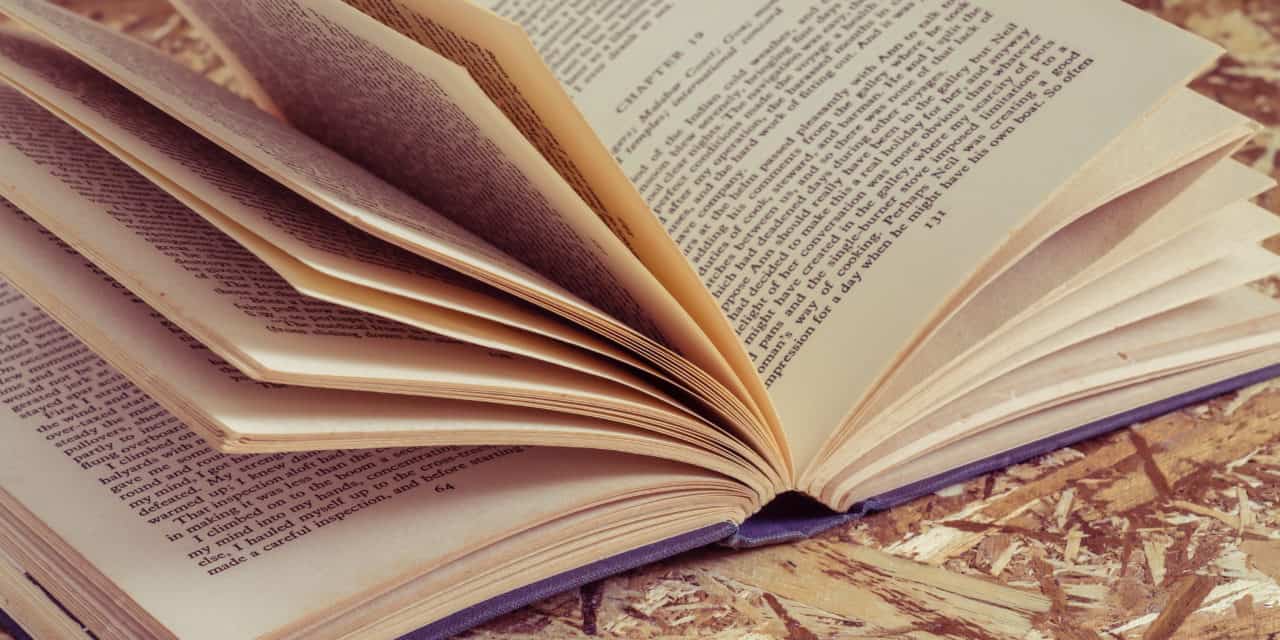
Plan: Creative Writing
Our context for this term is "Life Under Water - Sustainability". This concept is great because it is open to interpretation. To me, it is a look into the sustainability and preservation of marine life as well as our oceans.
Success Criteria for Term 1: We are learning to...
1) Recognize areas of personal development with formal writing and answer the question: "What do I need to do/change to improve my writing?"
-
Revisiting PEEL paragraphs and how to write them
-
Introduction Triangles and using it to start an essay
-
Utilizing Essay Checklist formats
-
PEDAL paragraphs
2) Analyse at least 3-4 different forms of poetry and to determine what made the poem successful/meaningful
- Name and identify language features in poetry
- List the language features in SHAMPOO
- Comment on the meaning and personal interpretation of a poem
3) Understand the meaning of the author's or poet's purpose
- Use understanding of SHAMPOO and forms of poetry to determine poet's purpose
- Analyse and discuss the importance of cultural poetry
4) Create our own pieces of poetry using the knowledge we have gained through poetry analysis - 5 different styles
-
Haiku, Cinquain, Acrostic, Concrete, Diminishing Verse, Spoken Word and Freestyle
5) Name the conventions and recognize the language features and techniques used in creative writing - using these to create our own short stories
- List the 7 planning pre-requisites for creative story writing
- Follow and implement narrative structure
- Use and recognize language features in creative texts
6) Draft short story plans and edit our own writing
- Edit and review your own written work
- Peer-review another's written work
Activities:
Monday (S3) - Introduction to story writing structure + topic brainstorm based on Term Context
Tuesday (S2) - Research into character habitat and sustainability issues + start writing
Thursday (S2) - Assignment writing
-
PLAN & DO / WHAKAMAHI learning intentions:
- We are PLANNING to view Maori and Pasifika poetry so that we can better create and analyse poetry to help our understanding of water sustainability
- We are PLANNING to use our understanding of water sustainability to produce creative writing pieces
Term 1: Week 9
Plan: EASTER and Creative Writing
Our context for this term is "Life Under Water - Sustainability". This concept is great because it is open to interpretation. To me, it is a look into the sustainability and preservation of marine life as well as our oceans.
Success Criteria for Term 1: We are learning to...
1) Recognize areas of personal development with formal writing and answer the question: "What do I need to do/change to improve my writing?"
-
Revisiting PEEL paragraphs and how to write them
-
Introduction Triangles and using it to start an essay
-
Utilizing Essay Checklist formats
-
PEDAL paragraphs
2) Analyse at least 3-4 different forms of poetry and to determine what made the poem successful/meaningful
- Name and identify language features in poetry
- List the language features in SHAMPOO
- Comment on the meaning and personal interpretation of a poem
3) Understand the meaning of the author's or poet's purpose
- Use understanding of SHAMPOO and forms of poetry to determine poet's purpose
- Analyse and discuss the importance of cultural poetry
4) Create our own pieces of poetry using the knowledge we have gained through poetry analysis - 5 different styles
-
Haiku, Cinquain, Acrostic, Concrete, Diminishing Verse, Spoken Word and Freestyle
5) Name the conventions and recognize the language features and techniques used in creative writing - using these to create our own short stories
- List the 7 planning pre-requisites for creative story writing
- Follow and implement narrative structure
- Use and recognize language features in creative texts
6) Draft short story plans and edit our own writing
- Edit and review your own written work
- Peer-review another's written work
Activities:
Monday (S3) - Writing structure and practice
Tuesday (S2) - Inanimate object creative writing practice
Thursday (S2) - Creative writing cont.
-
PLAN & DO / WHAKAMAHI learning intentions:
- We are PLANNING to view Maori and Pasifika poetry so that we can better create and analyse poetry to help our understanding of water sustainability
- We are PLANNING to use our understanding of water sustainability to produce creative writing pieces
Term 1: Week 10

Plan: EASTER, Creative Writing and FUN FRIDAY
Our context for this term is "Life Under Water - Sustainability". This concept is great because it is open to interpretation. To me, it is a look into the sustainability and preservation of marine life as well as our oceans.
Success Criteria for Term 1: We are learning to...
1) Recognize areas of personal development with formal writing and answer the question: "What do I need to do/change to improve my writing?"
-
Revisiting PEEL paragraphs and how to write them
-
Introduction Triangles and using it to start an essay
-
Utilizing Essay Checklist formats
-
PEDAL paragraphs
2) Analyse at least 3-4 different forms of poetry and to determine what made the poem successful/meaningful
- Name and identify language features in poetry
- List the language features in SHAMPOO
- Comment on the meaning and personal interpretation of a poem
3) Understand the meaning of the author's or poet's purpose
- Use understanding of SHAMPOO and forms of poetry to determine poet's purpose
- Analyse and discuss the importance of cultural poetry
4) Create our own pieces of poetry using the knowledge we have gained through poetry analysis - 5 different styles
-
Haiku, Cinquain, Acrostic, Concrete, Diminishing Verse, Spoken Word and Freestyle
5) Name the conventions and recognize the language features and techniques used in creative writing - using these to create our own short stories
- List the 7 planning pre-requisites for creative story writing
- Follow and implement narrative structure
- Use and recognize language features in creative texts
6) Draft short story plans and edit our own writing
- Edit and review your own written work
- Peer-review another's written work
Activities:
Monday (S3) - EASTER BREAK
Tuesday (S2) - EASTER BREAK
Thursday (S2) - Creative writing
-
PLAN & DO / WHAKAMAHI learning intentions:
- We are PLANNING to view Maori and Pasifika poetry so that we can better create and analyse poetry to help our understanding of water sustainability
- We are PLANNING to use our understanding of water sustainability to produce creative writing pieces
Term 1: Week 11

Plan: Last week of Term 1!
Our context for this term is "Life Under Water - Sustainability". This concept is great because it is open to interpretation. To me, it is a look into the sustainability and preservation of marine life as well as our oceans.
Success Criteria for Term 1: We are learning to...
1) Recognize areas of personal development with formal writing and answer the question: "What do I need to do/change to improve my writing?"
-
Revisiting PEEL paragraphs and how to write them
-
Introduction Triangles and using it to start an essay
-
Utilizing Essay Checklist formats
-
PEDAL paragraphs
2) Analyse at least 3-4 different forms of poetry and to determine what made the poem successful/meaningful
- Name and identify language features in poetry
- List the language features in SHAMPOO
- Comment on the meaning and personal interpretation of a poem
3) Understand the meaning of the author's or poet's purpose
- Use understanding of SHAMPOO and forms of poetry to determine poet's purpose
- Analyse and discuss the importance of cultural poetry
4) Create our own pieces of poetry using the knowledge we have gained through poetry analysis - 5 different styles
-
Haiku, Cinquain, Acrostic, Concrete, Diminishing Verse, Spoken Word and Freestyle
5) Name the conventions and recognize the language features and techniques used in creative writing - using these to create our own short stories
- List the 7 planning pre-requisites for creative story writing
- Follow and implement narrative structure
- Use and recognize language features in creative texts
6) Draft short story plans and edit our own writing
- Edit and review your own written work
- Peer-review another's written work
Activities:
Monday (S3) - Creative writing and 1/2 library session
Tuesday (S2) - Creative writing and feedback
Thursday (S2) - Literacy games and fun
-
PLAN & DO / WHAKAMAHI learning intentions:
- We are PLANNING to view Maori and Pasifika poetry so that we can better create and analyse poetry to help our understanding of water sustainability
- We are PLANNING to use our understanding of water sustainability to produce creative writing pieces
Term 2: Week 1

Plan: Continuation from Term 1 + Timetable Change
Our context for this term is "Life Under Water - Sustainability". This concept is great because it is open to interpretation. To me, it is a look into the sustainability and preservation of marine life as well as our oceans.
Success Criteria for Term 1: We are learning to...
1) Recognize areas of personal development with formal writing and answer the question: "What do I need to do/change to improve my writing?"
-
Revisiting PEEL paragraphs and how to write them
-
Introduction Triangles and using it to start an essay
-
Utilizing Essay Checklist formats
-
PEDAL paragraphs
2) Analyse at least 3-4 different forms of poetry and to determine what made the poem successful/meaningful
- Name and identify language features in poetry
- List the language features in SHAMPOO
- Comment on the meaning and personal interpretation of a poem
3) Understand the meaning of the author's or poet's purpose
- Use understanding of SHAMPOO and forms of poetry to determine poet's purpose
- Analyse and discuss the importance of cultural poetry
4) Create our own pieces of poetry using the knowledge we have gained through poetry analysis - 5 different styles
-
Haiku, Cinquain, Acrostic, Concrete, Diminishing Verse, Spoken Word and Freestyle
5) Name the conventions and recognize the language features and techniques used in creative writing - using these to create our own short stories
- List the 7 planning pre-requisites for creative story writing
- Follow and implement narrative structure
- Use and recognize language features in creative texts
6) Draft short story plans and edit our own writing
- Edit and review your own written work
- Peer-review another's written work
Activities:
Monday (S3) - English games and the start of term expectations
Wednesday (S3) - RUBBISH PICK UP: Maths, Science & P.E assessment
Thursday (S2) - Library session + Tiny Story Competition
-
PLAN & DO / WHAKAMAHI learning intentions:
- We are PLANNING to view Maori and Pasifika poetry so that we can better create and analyse poetry to help our understanding of water sustainability
- We are PLANNING to use our understanding of water sustainability to produce creative writing pieces
Term 2: Week 2

Plan: Creative Writing continued
Our context for this term is "Life Under Water - Sustainability". This concept is great because it is open to interpretation. To me, it is a look into the sustainability and preservation of marine life as well as our oceans.
Success Criteria for Term 1: We are learning to...
1) Recognize areas of personal development with formal writing and answer the question: "What do I need to do/change to improve my writing?"
-
Revisiting PEEL paragraphs and how to write them
-
Introduction Triangles and using it to start an essay
-
Utilizing Essay Checklist formats
-
PEDAL paragraphs
2) Analyse at least 3-4 different forms of poetry and to determine what made the poem successful/meaningful
- Name and identify language features in poetry
- List the language features in SHAMPOO
- Comment on the meaning and personal interpretation of a poem
3) Understand the meaning of the author's or poet's purpose
- Use understanding of SHAMPOO and forms of poetry to determine poet's purpose
- Analyse and discuss the importance of cultural poetry
4) Create our own pieces of poetry using the knowledge we have gained through poetry analysis - 5 different styles
-
Haiku, Cinquain, Acrostic, Concrete, Diminishing Verse, Spoken Word and Freestyle
5) Name the conventions and recognize the language features and techniques used in creative writing - using these to create our own short stories
- List the 7 planning pre-requisites for creative story writing
- Follow and implement narrative structure
- Use and recognize language features in creative texts
6) Draft short story plans and edit our own writing
- Edit and review your own written work
- Peer-review another's written work
Activities:
Monday (S3) - SHOW not Tell activity
Wednesday (S2) - Creative writing
Thursday (S2) - Creative writing
-
REFLECT / WHAIWHAKAARO learning intentions:
- We are REFLECTING on how well we were able to utilize the concepts in the term context to formulate a creative piece of writing
Term 2: Week 3

Plan: Creative Writing continued
Our context for this term is "Life Under Water - Sustainability". This concept is great because it is open to interpretation. To me, it is a look into the sustainability and preservation of marine life as well as our oceans.
Success Criteria for Term 1: We are learning to...
1) Recognize areas of personal development with formal writing and answer the question: "What do I need to do/change to improve my writing?"
-
Revisiting PEEL paragraphs and how to write them
-
Introduction Triangles and using it to start an essay
-
Utilizing Essay Checklist formats
-
PEDAL paragraphs
2) Analyse at least 3-4 different forms of poetry and to determine what made the poem successful/meaningful
- Name and identify language features in poetry
- List the language features in SHAMPOO
- Comment on the meaning and personal interpretation of a poem
3) Understand the meaning of the author's or poet's purpose
- Use understanding of SHAMPOO and forms of poetry to determine poet's purpose
- Analyse and discuss the importance of cultural poetry
4) Create our own pieces of poetry using the knowledge we have gained through poetry analysis - 5 different styles
-
Haiku, Cinquain, Acrostic, Concrete, Diminishing Verse, Spoken Word and Freestyle
5) Name the conventions and recognize the language features and techniques used in creative writing - using these to create our own short stories
- List the 7 planning pre-requisites for creative story writing
- Follow and implement narrative structure
- Use and recognize language features in creative texts
6) Draft short story plans and edit our own writing
- Edit and review your own written work
- Peer-review another's written work
Activities:
Monday (S1) - Creative writing
Wednesday (S4) - Creative writing + library
Thursday (S4) - Creative writing DUE TODAY
-
Term 2: Week 4

Plan: Formal Writing 2.0
Our context for this term is "Who Are We?" . This concept is about who we are, where we are going and what influences us as we grow as people. These ideas are going to be explored in the film Love, Simon as well as through an analysis of the influence of social media and societal issues facing teenagers. These ideas will be looked at in detail across your subject areas including Global Studies and PE. The aim is that by the end of this term, you will be able to use the concepts explored to create your own short film or speech on similar topics.
Success Criteria for Term 2: We are learning to…
Formal Writing
PEEL, PEDAL and PETAL paragraphs
TEEP charts
Recap cinematic techniques and explain their purpose
Name, recognize and explain camera angles and techniques present in film
Name, recognize and explain the sound effects present in film: Diegentic and Non-diegetic
Explain the purpose of cinematography techniques
Analyze a film and explore the themes present
Identify and investigate themes present in a film and explain the importance
Use themes to inform the creation of a text (either speech or short film)
Using our understanding of cinematography to create our own short films
Use speech conventions purposefully
Persuasive VS informative speeches
Speech structures and how to use them effectively
Building confidence at public speaking
Activities
Monday (S3) - PEEL paragraphs revisited
Wednesday (S3) - Introduction to TEEP charts + cinematography Google Form
Thursday (S2) - Introduction to PEDAL paragraphs -
EXPLORE / TŪHURA learning intentions:
- We are exploring relationships by analyzing their portrayal in media and film
- We are exploring the influence of the media by recognizing the themes present in films and online communities
- We are exploring individual & collective identity by collaboratively investigating modes of media
Term 2: Week 5
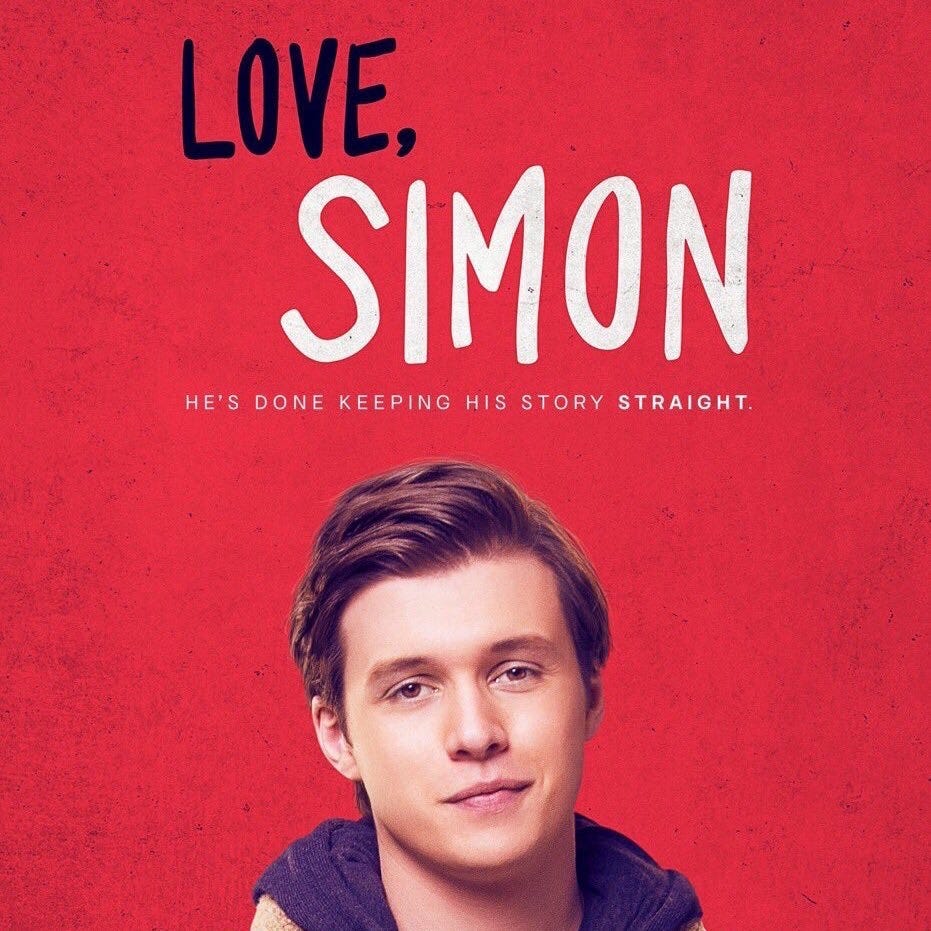
Plan: Formal Writing 2.0
Our context for this term is "Who Are We?". This concept is about who we are, where we are going, and what influences us as we grow as people. These ideas are going to be explored in the film Love, Simon as well as through an analysis of the influence of social media and societal issues facing teenagers. These ideas will be looked at in detail across your subject areas including Global Studies and PE. The aim is that by the end of this term, you will be able to use the concepts explored to create your own short film or speech on similar topics.
Success Criteria for Term 2: We are learning to…
Formal Writing
-
PEEL, PEDAL and PETAL paragraphs
-
TEEP charts
Recap cinematic techniques and explain their purpose
-
Name, recognize and explain camera angles and techniques present in film
-
Name, recognize and explain the sound effects present in film: Diegentic and Non-diegetic
-
Explain the purpose of cinematography techniques
Analyze a film and explore the themes present
-
Identify and investigate themes present in a film and explain the importance
-
Use themes to inform the creation of a text (either speech or short film)
-
Using our understanding of cinematography to create our own short films
Use speech conventions purposefully
-
Persuasive VS informative speeches
-
Speech structures and how to use them effectively
-
Building confidence in public speaking
Activities
Monday (S3) - PEEL and PETAL paragraphs
Wednesday (S2) - Love, Simon Film
Thursday (S2) - Film Analysis -
EXPLORE / TŪHURA learning intentions:
- We are exploring relationships by analyzing their portrayal in media and film
- We are exploring the influence of the media by recognizing the themes present in films and online communities
- We are exploring individual & collective identity by collaboratively investigating modes of media
Term 2: Week 6
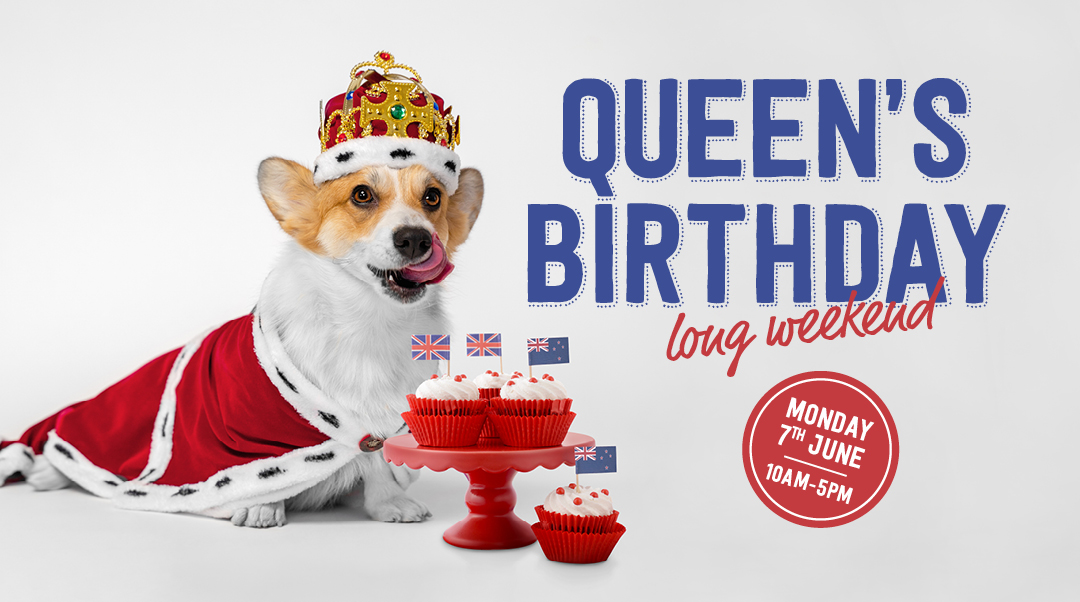
Plan: Queen's Birthday, TOD and Film Study
Our context for this term is "Who Are We?". This concept is about who we are, where we are going, and what influences us as we grow as people. These ideas are going to be explored in the film Love, Simon as well as through an analysis of the influence of social media and societal issues facing teenagers. These ideas will be looked at in detail across your subject areas including Global Studies and PE. The aim is that by the end of this term, you will be able to use the concepts explored to create your own short film or speech on similar topics.
Success Criteria for Term 2: We are learning to…
Formal Writing
-
PEEL, PEDAL and PETAL paragraphs
-
TEEP charts
Recap cinematic techniques and explain their purpose
-
Name, recognize and explain camera angles and techniques present in film
-
Name, recognize and explain the sound effects present in film: Diegentic and Non-diegetic
-
Explain the purpose of cinematography techniques
Analyze a film and explore the themes present
-
Identify and investigate themes present in a film and explain the importance
-
Use themes to inform the creation of a text (either speech or short film)
-
Using our understanding of cinematography to create our own short films
Use speech conventions purposefully
-
Persuasive VS informative speeches
-
Speech structures and how to use them effectively
-
Building confidence in public speaking
Activities
Monday (S3) - QUEEN'S BIRTHDAY
Wednesday (S4) - short film creation
Thursday (S2) - Love, Simon film
-
FOCUS / ARONGA learning intentions:
- We are FOCUSING on developing our understanding of themes in media
- We are FOCUSING identifying key elements which formulate meaning in film
- We are FOCUSING on the impact society has on diverse communities
Term 2: Week 7
Plan: Short Film Creation
Our context for this term is "Who Are We? ". This concept is about who we are, where we are going, and what influences us as we grow as people. These ideas are going to be explored in the film Love, Simon as well as through an analysis of the influence of social media and societal issues facing teenagers. These ideas will be looked at in detail across your subject areas including Global Studies and PE. The aim is that by the end of this term, you will be able to use the concepts explored to create your own short film or speech on similar topics.
Success Criteria for Term 2: We are learning to…
Formal Writing
-
PEEL, PEDAL and PETAL paragraphs
-
TEEP charts
Recap cinematic techniques and explain their purpose
-
Name, recognize and explain camera angles and techniques present in film
-
Name, recognize and explain the sound effects present in film: Diegentic and Non-diegetic
-
Explain the purpose of cinematography techniques
Analyze a film and explore the themes present
-
Identify and investigate themes present in a film and explain the importance
-
Use themes to inform the creation of a text (either speech or short film)
-
Using our understanding of cinematography to create our own short films
Use speech conventions purposefully
-
Persuasive VS informative speeches
-
Speech structures and how to use them effectively
-
Building confidence in public speaking
Activities
Monday (S3) - Short Film creation
Wednesday (S3) - Short film presentations
Thursday (S2) - Film analysis on Love, Simon + library session
-
FOCUS / ARONGA learning intentions:
- We are FOCUSING on developing our understanding of themes in media
- We are FOCUSING identifying key elements which formulate meaning in film
- We are FOCUSING on the impact society has on diverse communities
Term 2: Week 8
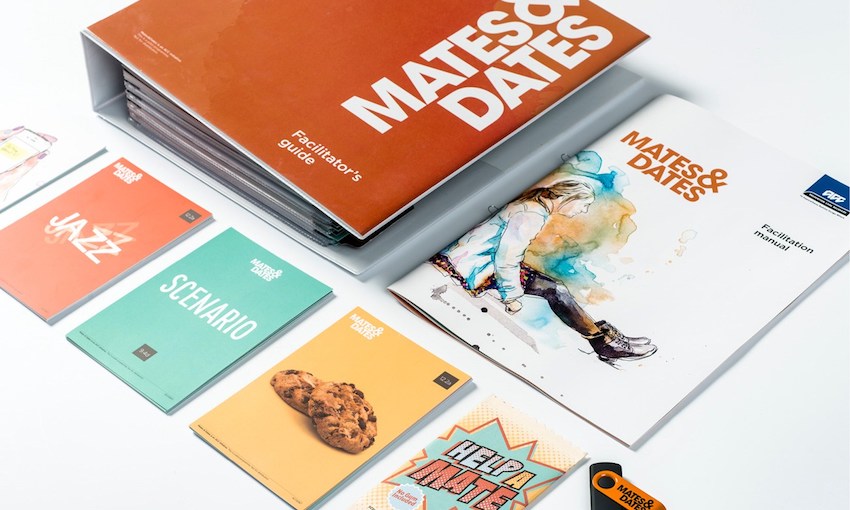
Plan: Thematic research + asTTle Reading
Our context for this term is "Who Are We? ". This concept is about who we are, where we are going, and what influences us as we grow as people. These ideas are going to be explored in the film Love, Simon as well as through an analysis of the influence of social media and societal issues facing teenagers. These ideas will be looked at in detail across your subject areas including Global Studies and PE. The aim is that by the end of this term, you will be able to use the concepts explored to create your own short film or speech on similar topics.
Success Criteria for Term 2: We are learning to…
Formal Writing
-
PEEL, PEDAL and PETAL paragraphs
-
TEEP charts
Recap cinematic techniques and explain their purpose
-
Name, recognize and explain camera angles and techniques present in film
-
Name, recognize and explain the sound effects present in film: Diegentic and Non-diegetic
-
Explain the purpose of cinematography techniques
Analyze a film and explore the themes present
-
Identify and investigate themes present in a film and explain the importance
-
Use themes to inform the creation of a text (either speech or short film)
-
Using our understanding of cinematography to create our own short films
Use speech conventions purposefully
-
Persuasive VS informative speeches
-
Speech structures and how to use them effectively
-
Building confidence in public speaking
Activities
Monday (S3) - Assessment plan + reading comprehension prep
Wednesday (S3) - asTTle Reading Test
Thursday (S2) - Choosing a topic and researching a theme for Assessment 2
-
PLAN & DO / WHAKAMAHI learning intentions:
- We are PLANNING to produce a presentation so that we can showcase our understanding of themes present in film
- We are PLANNING to apply our understanding of concepts learnt by Mates and Dates to inform our presentation
Term 2: Week 9
Plan: Assessment 2 Planning
Our context for this term is "Who Are We? ". This concept is about who we are, where we are going, and what influences us as we grow as people. These ideas are going to be explored in the film Love, Simon as well as through an analysis of the influence of social media and societal issues facing teenagers. These ideas will be looked at in detail across your subject areas including Global Studies and PE. The aim is that by the end of this term, you will be able to use the concepts explored to create your own short film or speech on similar topics.
Success Criteria for Term 2: We are learning to…
Formal Writing
-
PEEL, PEDAL and PETAL paragraphs
-
TEEP charts
Recap cinematic techniques and explain their purpose
-
Name, recognize and explain camera angles and techniques present in film
-
Name, recognize and explain the sound effects present in film: Diegentic and Non-diegetic
-
Explain the purpose of cinematography techniques
Analyze a film and explore the themes present
-
Identify and investigate themes present in a film and explain the importance
-
Use themes to inform the creation of a text (either speech or short film)
-
Using our understanding of cinematography to create our own short films
Use speech conventions purposefully
-
Persuasive VS informative speeches
-
Speech structures and how to use them effectively
-
Building confidence in public speaking
Activities
Monday (S1) - Assessment planning
Wednesday (S3) - Working on assessment 2
Thursday (S4) - Assessment 2
-
PLAN & DO / WHAKAMAHI learning intentions:
- We are PLANNING to produce a presentation so that we can showcase our understanding of themes present in film
- We are PLANNING to apply our understanding of concepts learnt by Mates and Dates to inform our presentation
Term 2: Week 10
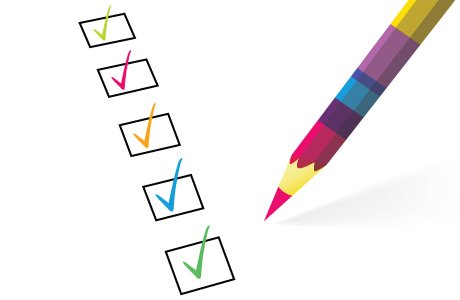
Plan: Assessment 2 DUE FRIDAY
Our context for this term is "Who Are We? ". This concept is about who we are, where we are going, and what influences us as we grow as people. These ideas are going to be explored in the film Love, Simon as well as through an analysis of the influence of social media and societal issues facing teenagers. These ideas will be looked at in detail across your subject areas including Global Studies and PE. The aim is that by the end of this term, you will be able to use the concepts explored to create your own short film or speech on similar topics.
Success Criteria for Term 2: We are learning to…
Formal Writing
-
PEEL, PEDAL and PETAL paragraphs
-
TEEP charts
Recap cinematic techniques and explain their purpose
-
Name, recognize and explain camera angles and techniques present in film
-
Name, recognize and explain the sound effects present in film: Diegentic and Non-diegetic
-
Explain the purpose of cinematography techniques
Analyze a film and explore the themes present
-
Identify and investigate themes present in a film and explain the importance
-
Use themes to inform the creation of a text (either speech or short film)
-
Using our understanding of cinematography to create our own short films
Use speech conventions purposefully
-
Persuasive VS informative speeches
-
Speech structures and how to use them effectively
-
Building confidence in public speaking
Activities
Monday (S1) - Assessment 2
Wednesday (S3) - Assessment 2
Thursday (S4) - Assessment 2
-
PLAN & DO / WHAKAMAHI learning intentions:
- We are PLANNING to produce a presentation so that we can showcase our understanding of themes present in film
- We are PLANNING to apply our understanding of concepts learnt by Mates and Dates to inform our presentation
Term 3: Week 1

Plan: Welcome back + Assessment 2 Presentations
I hope you all had a lovely holiday! This week we will be continuing our context from last term "Who are we?". All presentations will be delivered this week - which means assessment 2 should be completed and submited by Friday at the latest. Starting next week we will begin our new co-constructed conext following a meeting with our student voice council.
Success Criteria for Term 3: We are learning to…
- Successfully produce and verbally present ideas with confidence and clarity
- Recognzie the strengths and weaknesses in oral presentations
- Reflect on our own ability to verbally present ideas
Activities
Monday (S1) - Term expectations, plan and assessment details
Wednesday (S3) - Assessment presentation
Thursday (S4) - Assessment presentation
-
REFLECT / WHAIWHAKAARO learning intentions:
- We are REFLECTING on our ability to successfully organize and deliver an oral presentation based on ideas and themes from the term context.
Term 3: Week 2

Plan: Formal Writing (AGAIN!)
This week we will be continuing our context from last term "Who are we?". All presentations will be delivered in week 1- which means assessment 2 should be completed and submited by Friday week 1 at the latest. Using themes, ideas and controversies prevalent in the Olympics as well as social issues, we will be constructing formal essays.
Success Criteria for Term 3: We are learning to…
Presentation skills
- Successfully produce and verbally present ideas with confidence and clarity
- Recognzie the strengths and weaknesses in oral presentations
- Reflect on our own ability to verbally present ideas
Formal Writing
- Linking ideas to the real world and strengthening our argument
- Formal writing do's and dont's
- Structure and organization of ideas
Activities
Monday (S1) - Formal Writing: Ideas
Wednesday (S3) - Formal Writing: Structure
Thursday (S4) - Formal Writing: Structure
-
Term 3: Week 3
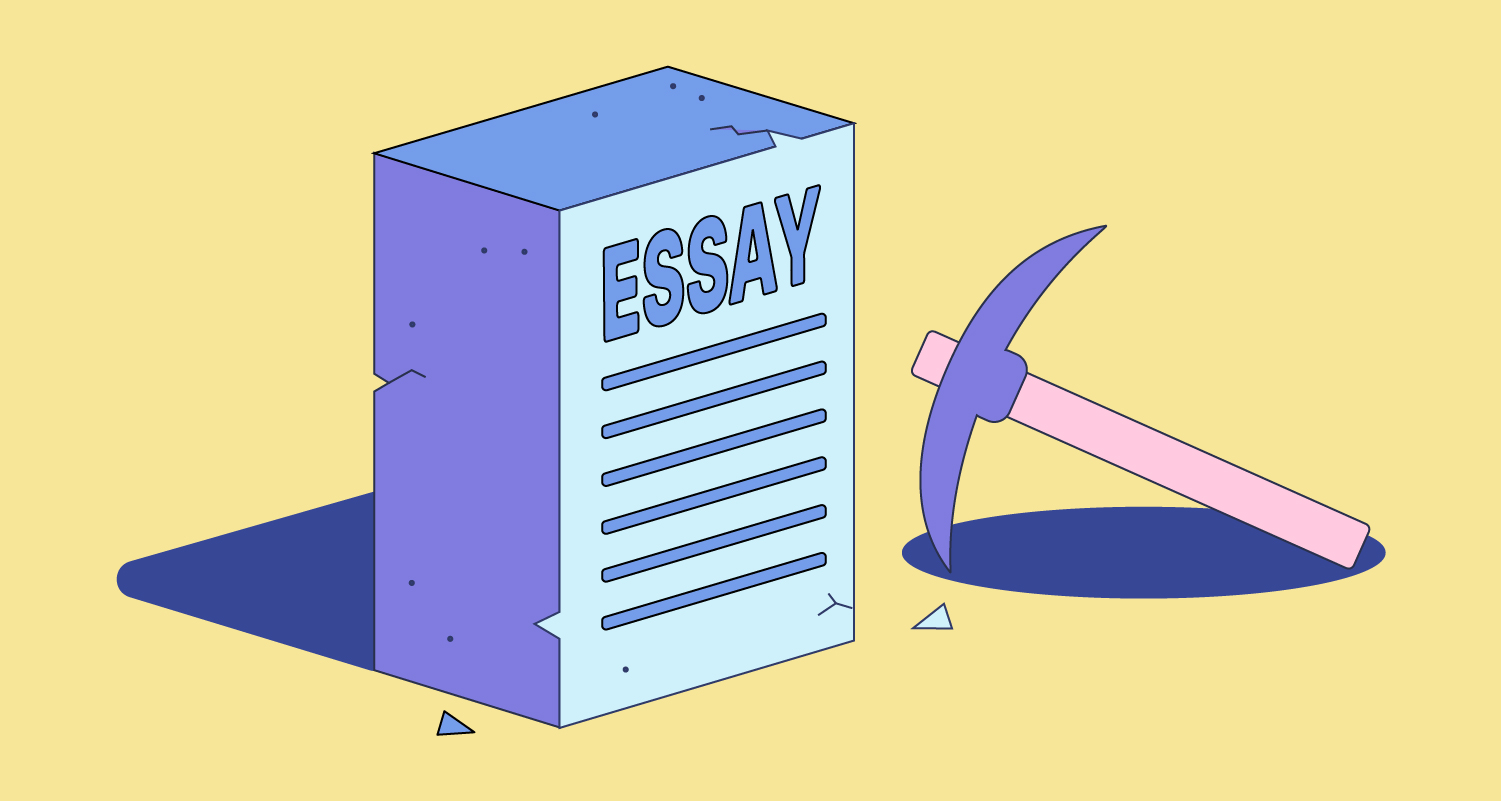
Plan: Formal Writing & TOD on Tuesday
Success Criteria for Term 3: We are learning to…
Presentation skills
- Successfully produce and verbally present ideas with confidence and clarity
- Recognise the strengths and weaknesses in oral presentations
- Reflect on our own ability to verbally present ideas
Formal Writing
- Linking ideas to the real world and strengthening our argument
- Formal writing do's and dont's
- Structure and organization of ideas
Activities
Monday (S1) - Practise essay
Wednesday (S3) - Editing and re-sub practise essay
Thursday (S4) - Formal Writing: PEDAL
-
Term 3: Week 4
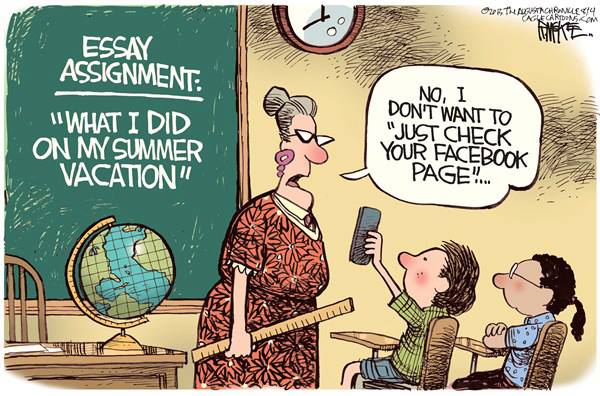
Plan: PEDAL Paragraphs
Success Criteria for Term 3: We are learning to…
Presentation skills
- Successfully produce and verbally present ideas with confidence and clarity
- Recognise the strengths and weaknesses in oral presentations
- Reflect on our own ability to verbally present ideas
Formal Writing
- Linking ideas to the real world and strengthening our argument
- Formal writing do's and dont's
- Structure and organization of ideas
Activities
Monday (S1) - Practise essay: open book, PEDAL - Use resources on Google Classroom!!
Wednesday (S3) - Essay template
Thursday (S4) - Debating
-
Term 3: Week 7
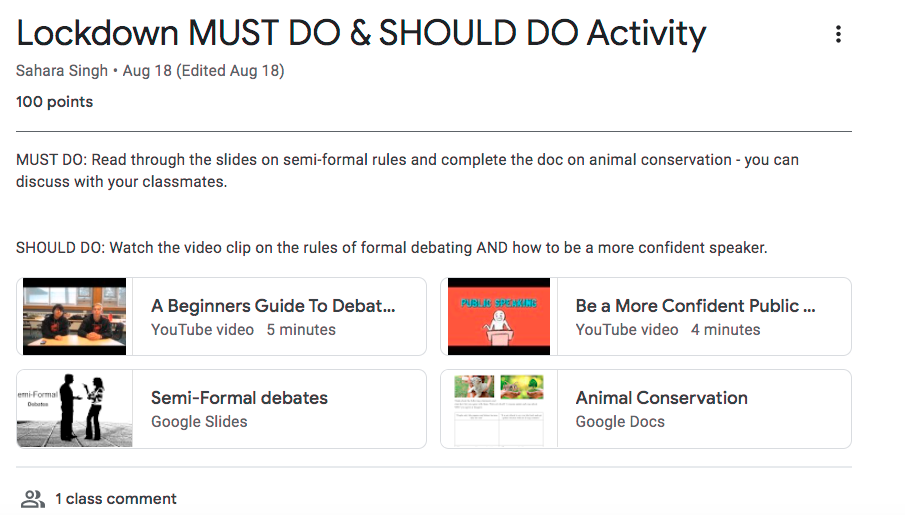
Plan: Distance Learning - Formal speaking
Refer to Google Classroom.
-
Term 3: Week 8
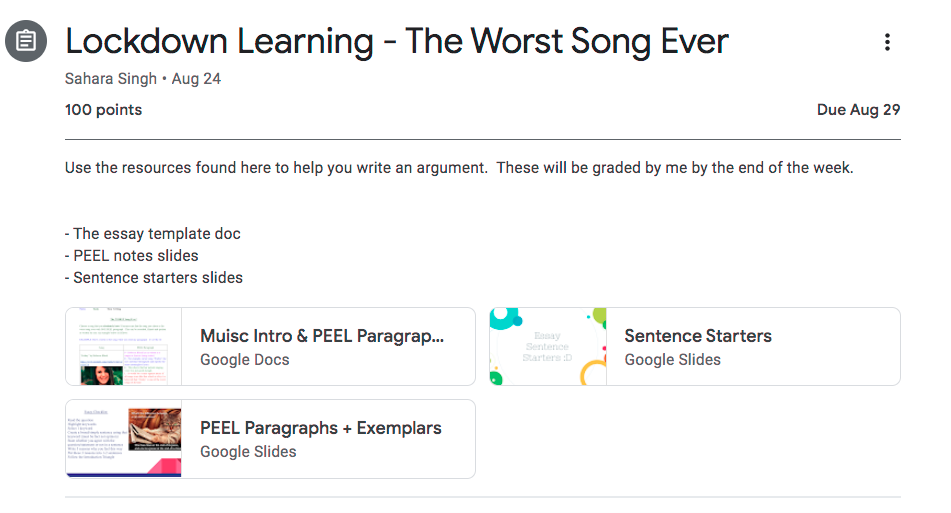
Plan: Distance Learning - Formal Writing
Refer to Google Classroom.
-
Term 3: Week 9
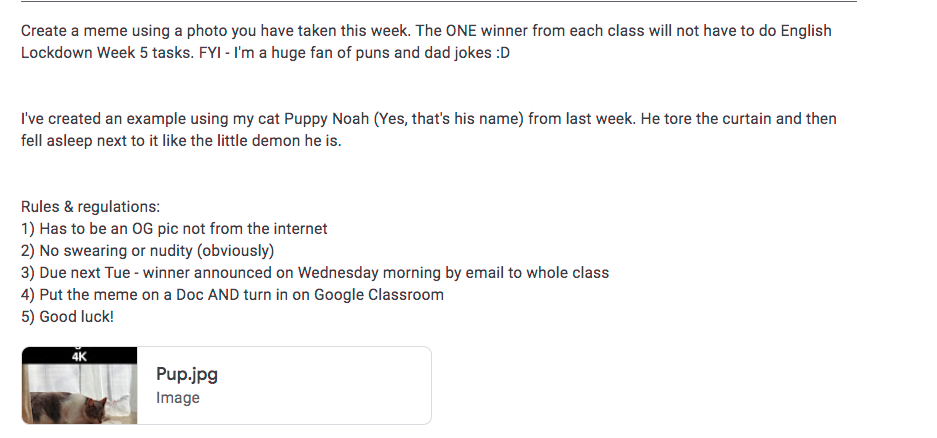
Plan: Distance Learning - Meme Competition
Refer to Google Classroom.
-
EXPLORE / TŪHURA learning intentions:
- We are EXPLORING personal well-being by investigating the effects of poor mental health
- We are EXPLORING positive well-being by observing and interpreting our own methods of promoting our mental health

Plan: Distance Learning
Refer to Google Classroom :D
-
EXPLORE / TŪHURA learning intentions:
- We are EXPLORING personal well-being by investigating the effects of poor mental health
- We are EXPLORING positive well-being by observing and interpreting our own methods of promoting our mental health
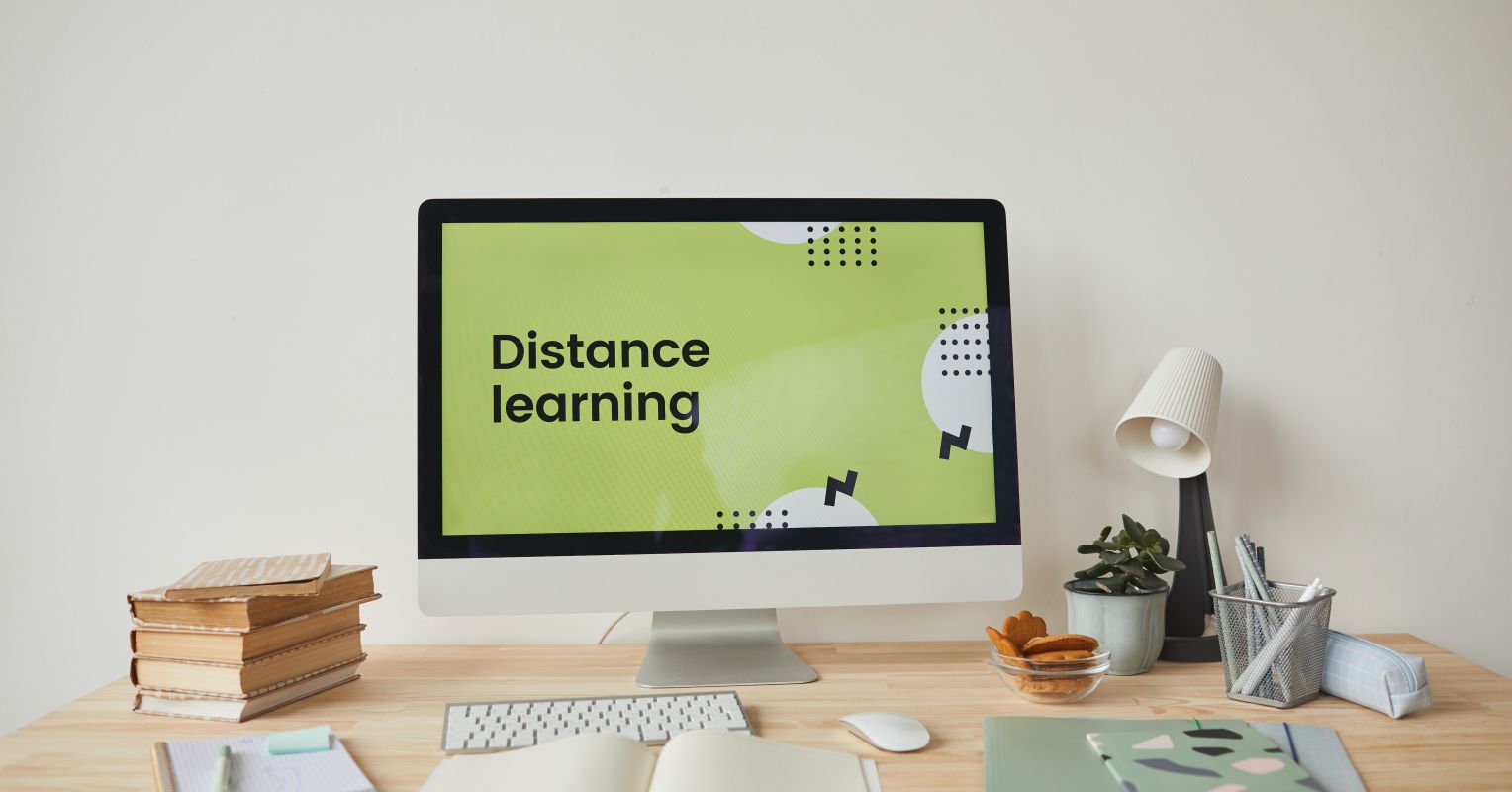
Plan: Distance Learning
Refer to Google Classroom :D
-
FOCUS / ARONGA learning intentions:
- We are FOCUSING on promoting mental wellbeing by selecting positive social influencers that impact our lives
- We are FOCUSING on developing a Business Plan by utilizing knowledge from other subject areas
Term 4: Week 3

Plan: Distance Learning
Refer to Google Classroom.
-
PLAN & DO / WHAKAMAHI learning intentions:
- We are PLANNING to present our learning of mental health through sharing of stories/ and or creating a collage or blog
Term 4: Week 4
Plan: Distance Learning
Refer to Google Classroom
-
PLAN & DO / WHAKAMAHI learning intentions:
- We are PLANNING to present our learning of mental health through sharing of stories/ and or creating a collage or blog
Term 4: Week 5

Plan: Web design
Refer to Google Classroom.
-
PLAN & DO / WHAKAMAHI learning intentions:
- We are PLANNING to present our learning of mental health through sharing of stories/ and or creating a collage or blog
- We are PLANNING to create a website so that we can showcase our learning of our Innovations
Term 4: Week 6

Plan: Web design
Refer to Google Classroom.
-
PLAN & DO / WHAKAMAHI learning intentions:
- We are PLANNING to present our learning of mental health through sharing of stories/ and or creating a collage or blog
Term 4: Week 7
Plan: Distance Learning
Refer to Google Classroom.
-
PLAN & DO / WHAKAMAHI learning intentions:
- We are PLANNING to present our learning of mental health through sharing of stories/ and or creating a collage or blog
Term 4: Week 8
Plan: Distance Learning
Refer to Google Classroom.

